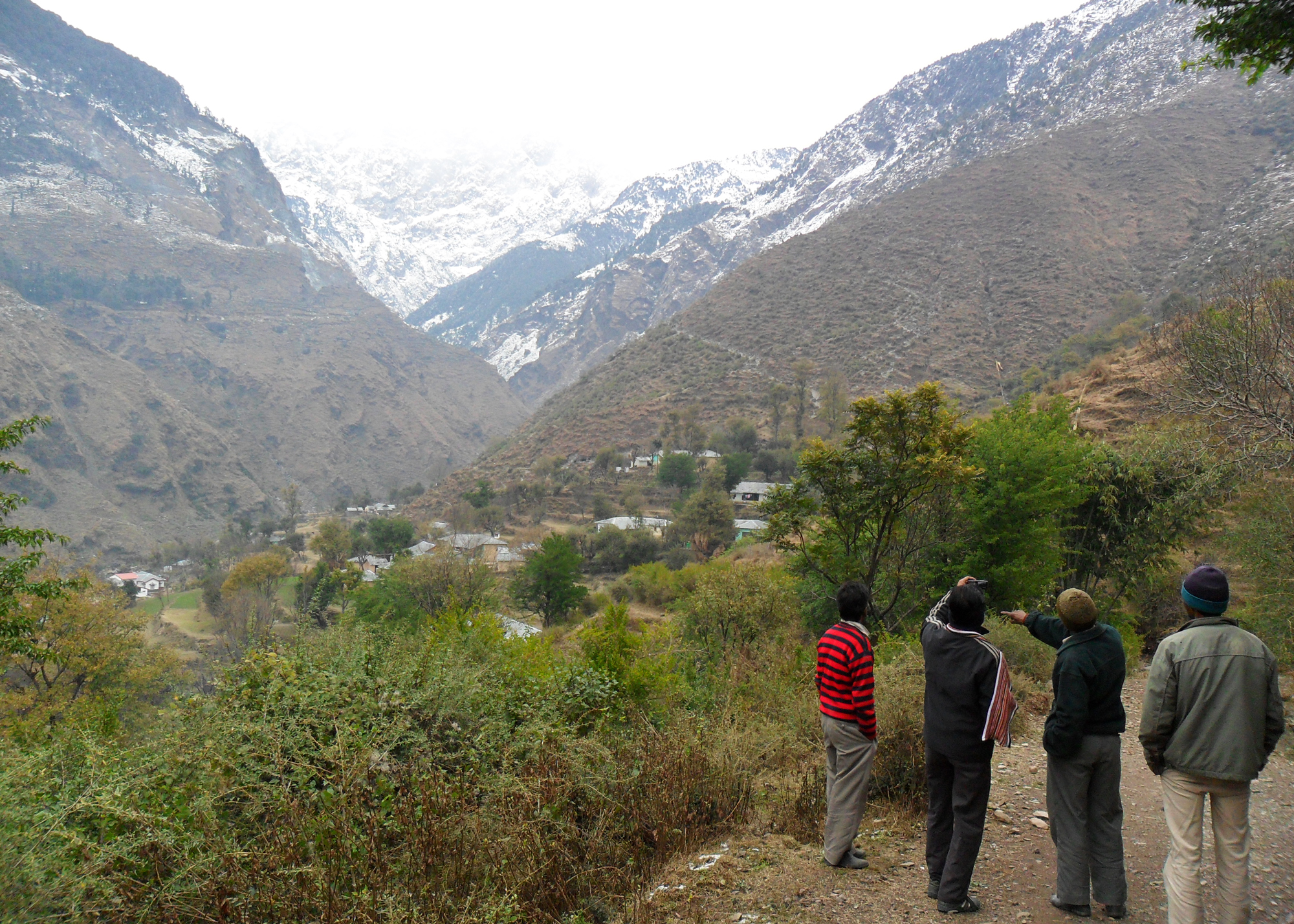Food & Climate
Speaking at the opening of the International Conference of the “Global Mountain Dialogue for Sustainable Development: Towards Bishkek+25 Summit”, hosted by the Kyrgyz Government, QU Dongyu, Director-General of the Food and Agriculture Organization of the United Nations (FAO) underlined the fact that people in mountain areas – who predominantly rely on family farming – are among the world’s poorest, with many in developing countries facing food insecurity.
The International Conference opened in the capital of Kyrgyzstan. The forum brought together delegates from more than 50 countries in Europe, Asia, America, Africa and Australia, as well as representatives of about 30 international organizations.
Mountain regions especially in the world’s developing countries face growing pressure from climate change, biodiversity loss and land degradation, yet mountain communities have great potential for climate-resilient development and work to upgrade mountain products sectors such as organic food, textiles and tourism services is already paying off, Dongyu said today.
“Yet mountain communities, the stewards of mountain resources, have great potential for climate-resilient development by transforming to more efficient, more inclusive, more resilient and more sustainable agrifood systems,” he said, highlighting the importance of sustainable agriculture and water management practices”, according to a statement “Food & Climate” platform received.
18 mini-hydropower plants
Kyrgyzstan’s President Sadyr Japarov in his opening remarks called on international organizations and financial institutions to support projects that improve the socioeconomic conditions of inhabitants in mountainous and remote regions who experience the effects of climate change alongside geographical isolation. He described the conference as an opportunity to assess what has been done and establish new coalitions, strategies, and political commitments on the way to the Global Mountain Summit Bishkek+25, which will take place in 2027.
Japarov emphasized the importance of an integrated approach to the development of mountainous regions. He said that the country plans to build another 18 mini-hydropower plants to provide remote and hard-to-reach areas with electricity.
«Over the past two years, 14 mini-hydropower plants have been commissioned in the republic. This is a real step towards energy independence of mountainous areas and improving the living conditions of local residents, » the head of state noted, according to “24.KG“.

More than two billion people rely on mountain and glacier freshwater for their daily needs, agriculture and livestock. But this supply is at risk as temperatures rise and glaciers retreat, Qu said.
Despite progress, mountain regions remain under immense pressure, increasingly affected by the impacts of the climate crisis, biodiversity loss, soil erosion and land degradation.
Protecting mountain ecosystems is not just a concern for mountain regions, it is a global responsibility, the Director-General said.
This calls for strategic investments, enabling policies, technological innovation, solid institutions and the capacity to adapt, leaving no one behind. And it means scaling-up solutions from mountain regions to turn local progress into global impact, the FAO Director-General underlined.
Improving value chains
The Government of Kyrgyzstan, with support from FAO and national partners, is implementing a Green Climate Fund project that is helping the country restore its forests and rangelands in the fight against climate change.

The Mountain Partnership’s initiatives, designed to improve value chains for mountain products such as organic food, textiles, and tourism services, are having positive impacts on more than 50 000 small-scale producers in remote mountain areas, including in Kyrgyzstan, Qu said FAO hosts the Mountain Partnership Secretariat, which is a global UN alliance of over 600 members dedicated to enhancing the well-being of mountain communities and protecting mountain environments.
In 2024, working closely with FAO the Secretariat led the development of the Global Action Plan on Mountain Region Development. It provides a strategic framework for FAO Member States to implement the Five Years of Action for the Development of Mountain Regions 2023–2027, which was a major outcome of the International Year of Sustainable Mountain Development in 2022.
Its assistance in Kyrgyzstan mainly focuses on enhancing capacities to assess, plan and implement action for achieving sustainable food and nutrition security and spans the agriculture sector, including crop, livestock and fisheries projects, support to sustainable land and forest management in the face of climate change, and disaster risk management.

